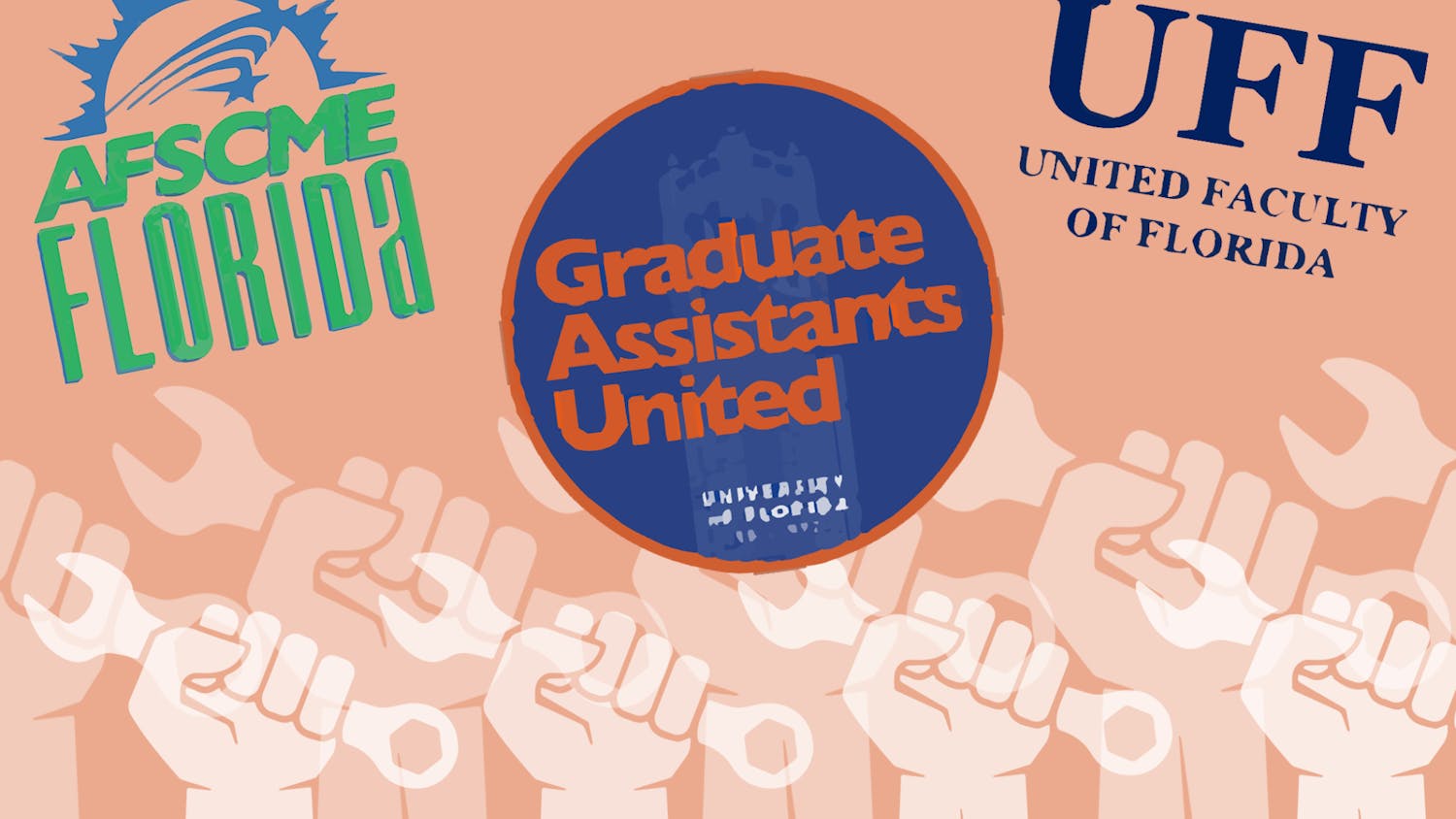The world in 2016 might look and feel like a never-ending (and rapidly expanding) dumpster fire, but the reality is that the dumpster fire is not actually growing. Instead, it's slowing down.
As author and keynote speaker Ray Kurzweil stated earlier this year, “People think the world is getting worse ... That’s the perception. What’s actually happening is our information about what’s wrong in the world is getting better.”
We are currently living in the middle of the information age; some are now calling it the golden age of information. The advent of technology has brought with it copious amounts of data and ways to collect and manage it. The access to such information has proved to be both a blessing and a curse, depending on how you look at it.
Kurzweil is certainly correct about the improvement of information access in the modern world, but I am skeptical of those who claim the world is only getting better. Such claims are nearly impossible to back up without getting into an argument with the other side over the validity of sources or the subjective nature of certain measures. By the way, what is your definition of “better”?
I don’t think the world is getting worse, but I don’t think it is necessarily getting better, either. It’s simply existing, and we are all trying to figure out how to turn it into the world each of us thinks is optimal.
Sure, the world is improving in many areas. Much progress is being made in the area of medicine. More and more people are gaining access to life-changing technology, and people’s lives are getting better because of it.
Those born into impoverished countries now have a better chance of making it out than they did 20 years ago, and access to education for all people has gone up significantly this century. Overall productivity is rising and the rapidly expanding world economy is giving more people a chance at economic gain who wouldn’t otherwise have it.
If you only paid attention to these trends, the world would look quite great and the future bright. But, as in everything, there’s another side to this coin, and neglecting it is not only an act of deceivingly blissful ignorance, but it's also forgetting those directly affected. For a while after the Cold War, world conflict did decrease, but according to an interview done by NPR, the United Nation’s Human Security Report found there was an actual turning point around 2010 to 2011. Since this time, conflicts and the number of people killed by them have increased notably.
Combine this with the fact that more and more people have unlimited access to an infinitely growing pool of information, and you can easily see the concern. Today, even the smallest skirmishes in the farthest corners of the globe can make it to the front page in a matter of hours. The result is a hypersensitive relationship between news outlets and the people eagerly consuming the headlines they churn out.
Despite the recent increase in conflict, it’s important to note its overall relativity. According to the NPR source, “Even though the level of violence that we have at the moment is pretty horrendous, compared with the 1960s, '70s, '80s, it’s relatively small.”
In other words, there might be more conflict now than 50 years ago, but it’s worth noting there’s also about 4 billion more people on Earth now than there were back then. Earth’s population has more than doubled since the 1960s, and just like every social situation you could find yourself in, the presence of more people will increase the chances that some of them will not get along.
People will never completely agree; it’s simply how we are wired. But it is encouraging to know that the relative amount of conflict is looking more optimistic.
Andrew Hall is a UF business administration junior. His column appears on Fridays.





